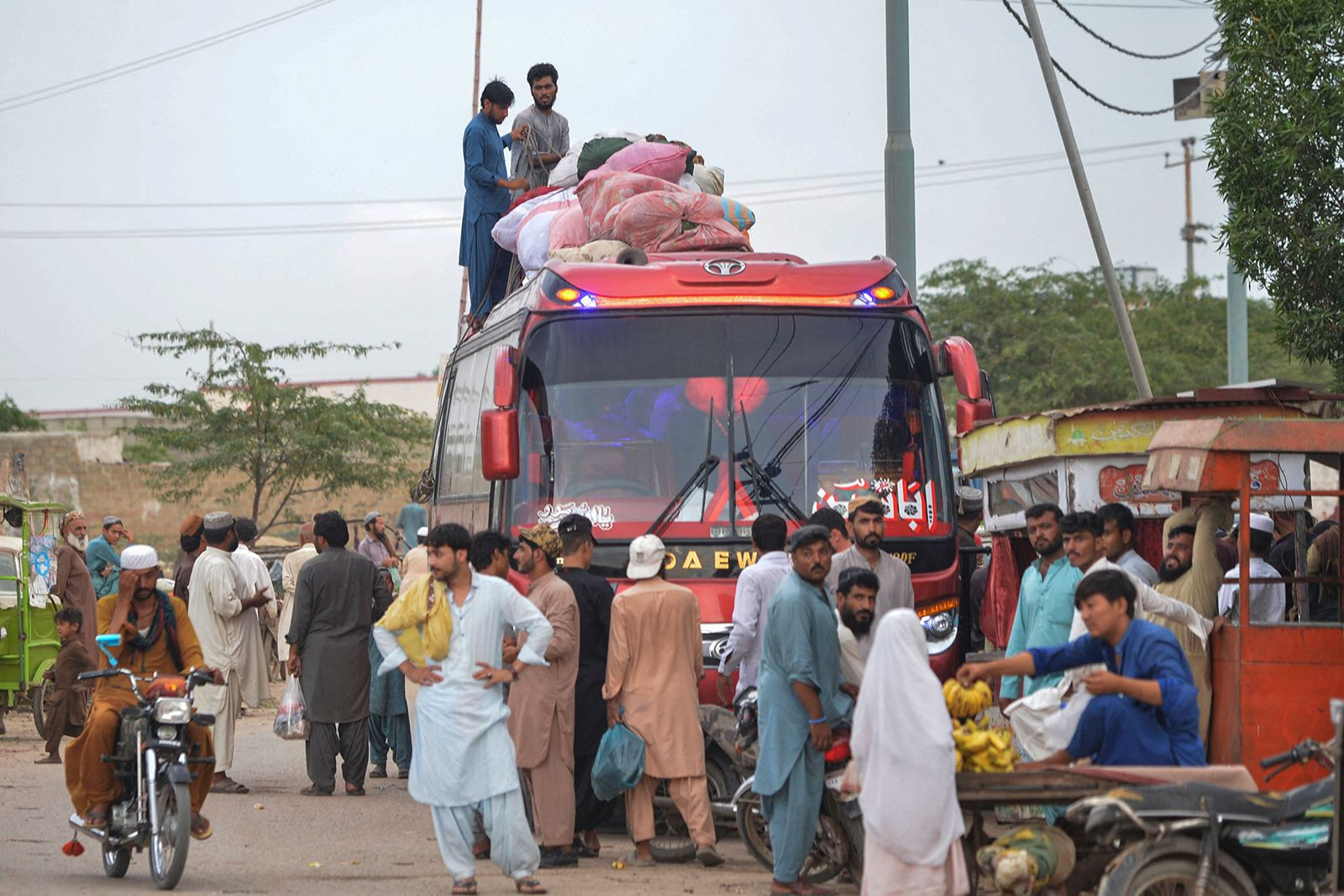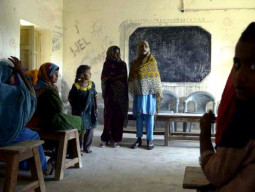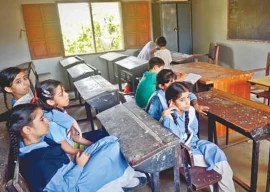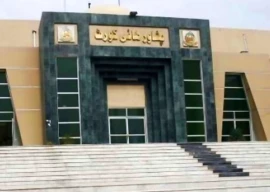
An atmosphere of widespread panic has gripped undocumented Afghan nationals in Peshawar and various districts of KhyberPakhtunkhwa (K-P) as they hurriedly sell their homes, household belongings, and businesses while preparing to leave the country with their families.
Many of them are even parting with their cars and other vehicles at greatly reduced prices to secure some funds for their journey.
The majority of these individuals dwell in rented houses, and their departure is expected to significantly lower rental prices in the region.
“Many Afghans own small businesses, including Afghan restaurants, nanbai shops, and general stores. They are now in a state of panic, caught in the crossfire of tensions between Kabul and Islamabad,” said Afghan refugee Bilil Khan while talking to The Express Tribune.
Sharing his family’s history, he revealed that his parents had migrated to Peshawar before he was born. They arrived at a time when Pakistan was encouraging Afghans to seek refuge due to the need for their support during a conflict with Afghanistan.
Read ‘No reversal on Afghan expulsion plan’
Khan emphasized the hardships his family had faced, including his father working as a daily labourer and his own journey from attending a school in a refugee camp to becoming a taxi driver over the past 15 years.
Khan’s personal story includes marriage to a Pakistani woman after the death of his first wife during childbirth. They now have four children who cannot relocate to Afghanistan due to the absence of educational facilities, healthcare, and employment opportunities, despite Khan owning a small piece of land in his native village there.
He initially welcomed the Taliban’s return, hoping for an opportunity to establish a garment business in Kabul. However, he soon realized that the people’s purchasing power had declined, and the stability of the Afghan economy was largely maintained by US support over the years.
Another Afghan refugee, Zalmai, shared his perspective on life in Afghanistan, highlighting the challenges faced under both the Karzai regime and the Taliban.
He recalled a visit to Kabul after the fall of the Taliban in 2001, where he found exorbitant rental costs in US dollars, making it unaffordable for many. While the Taliban’s return brought relief in terms of lower rents, it also ushered in a severe lack of job opportunities.
Zalmai expressed his personal struggle, noting that he had invested two decades in his business and purchased a house using the identity card of a Pakistani friend.
Now, he is in the process of selling these assets, but buyers are aware of the refugees’ limited options and are offering low prices for their possessions. The overall situation reflects the difficulties faced by Afghan nationals as they navigate the uncertain landscape of their homeland.





1730884134-0/BeFunky-collage-(26)1730884134-0-165x106.webp)












COMMENTS
Comments are moderated and generally will be posted if they are on-topic and not abusive.
For more information, please see our Comments FAQ